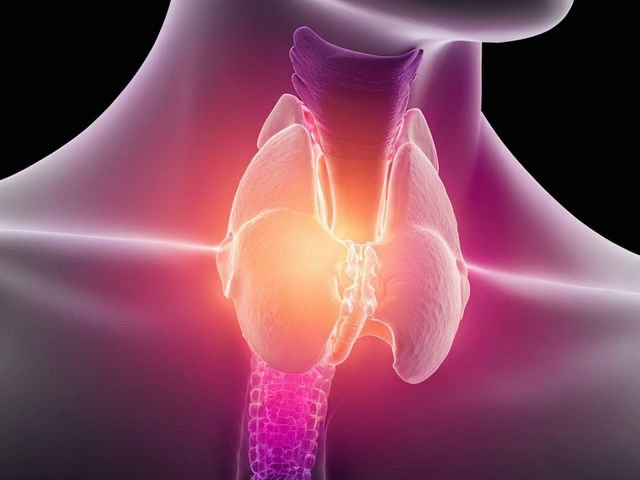Neoral Prescription: What You Need to Know
If you or someone you care for has had an organ transplant, you’ve probably heard of Neoral. It’s the brand name for tacrolimus, a drug that stops the immune system from rejecting the new organ. Knowing how to get a prescription, how to take it correctly, and what to watch for can make the difference between a smooth recovery and avoidable complications.
Getting a Neoral Prescription
Neoral isn’t an over‑the‑counter product; you need a doctor’s order. Typically a transplant surgeon or a transplant‑specialized nephrologist writes the prescription after the surgery. They’ll check your blood work, kidney function, and any other meds you’re on before deciding on a dose. If you’ve moved or changed doctors, ask the new provider to obtain a copy of your transplant records – they’ll need the exact dose and timing that worked for you.
Sometimes patients look for Neoral online. Be careful: many sites sell “generic tacrolimus” without a valid prescription, and the quality can’t be verified. Stick to reputable online pharmacies that require a prescription and have a licensed pharmacist reviewing each order. This protects you from counterfeit pills and ensures you get the right strength.
Using Neoral Safely
Neoral comes in capsules, usually 0.5 mg, 1 mg, or 5 mg. Your doctor will start you on a dose that matches your blood level targets, often around 0.05–0.2 ng/mL. The key is to take the capsule at the same time every day, with food, because food can affect absorption. Missing a dose can raise the risk of rejection, while a double‑dose can cause toxicity.
Blood tests are essential. Your clinic will check tacrolimus levels weekly at first, then every few weeks once you’re stable. If the level is too low, you might feel fine but the organ could be under attack. Too high, and you might develop tremors, headaches, or kidney problems. Always bring the latest lab results to any pharmacy refill conversation.
Common side effects include headache, nausea, and tremors. Some people notice gum overgrowth or increased hair growth. If you notice swelling, unusual bruising, or a fever, call your doctor right away – these could signal infection, which tacrolimus can mask.
Alcohol can boost tacrolimus levels, so limit drinking. Grapefruit juice does the same thing; avoid it while on Neoral. Also, tell every pharmacist about Neoral before they dispense any new medication. Certain antibiotics, antifungals, and anti‑seizure drugs can interact and raise tacrolimus levels.
Storing Neoral is simple: keep it in a cool, dry place away from direct sunlight. Don’t freeze it, and keep the bottle tightly closed. If a capsule looks discolored or smells odd, discard it and get a fresh supply.
Finally, keep a written log of your dose, time, and any side effects. This log helps your doctor fine‑tune the dosage and can be a lifesaver if you ever need emergency care.
Neoral is a powerful tool that keeps transplanted organs working, but it requires vigilance. With a valid prescription, regular blood checks, and a few everyday habits, you can stay on track and enjoy a healthier life after transplant.
Where and How to Buy Neoral Online: Your Step-by-Step Guide for 2025
Clear, real-world advice for buying Neoral online in 2025, with tips for safety, savings, and legit pharmacy picks. Answers every question you’ve got.





